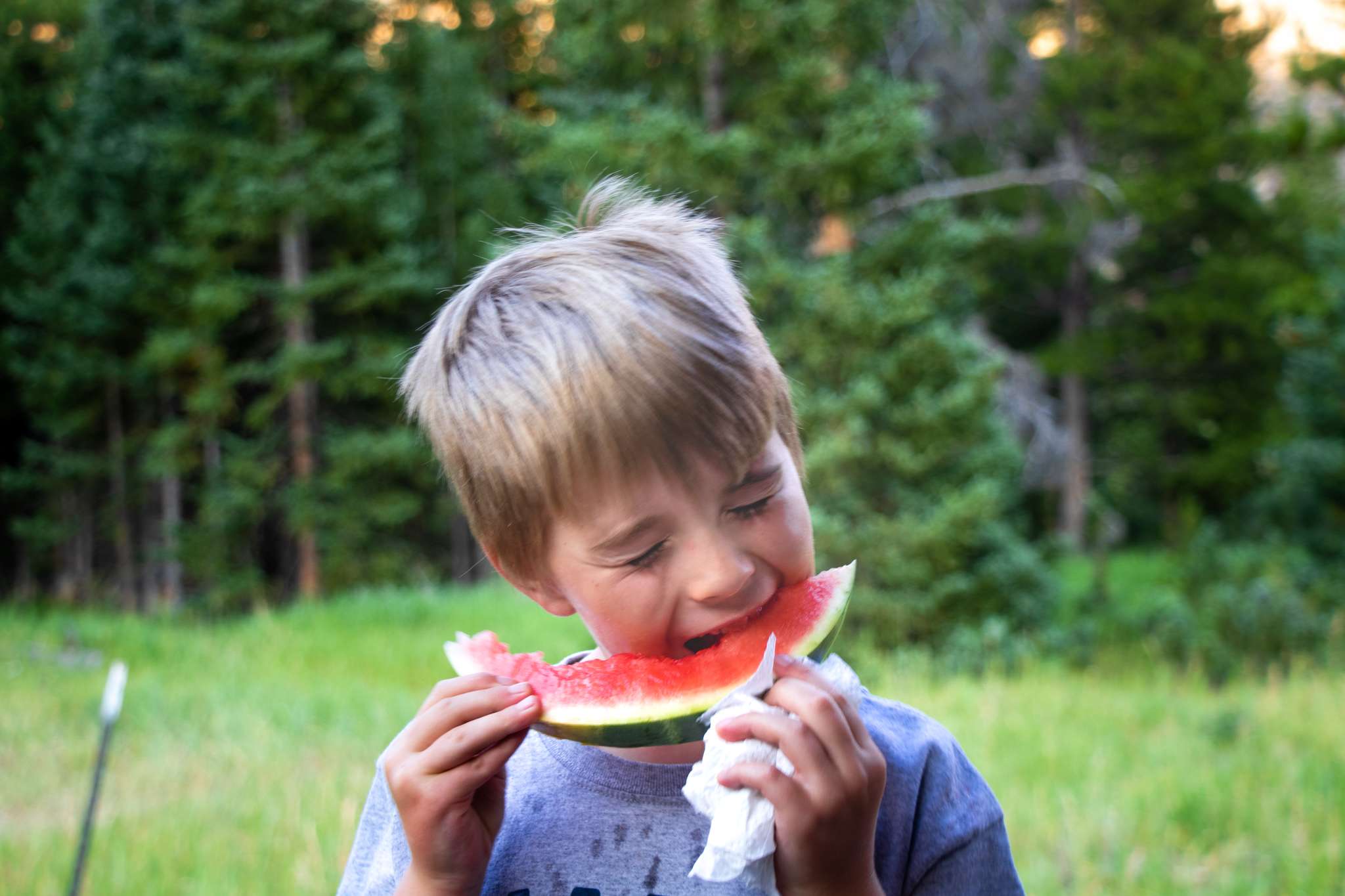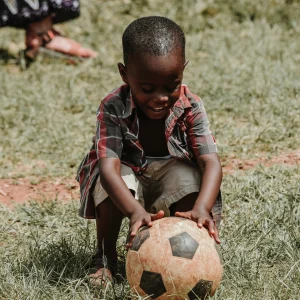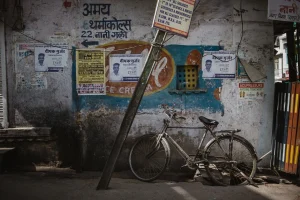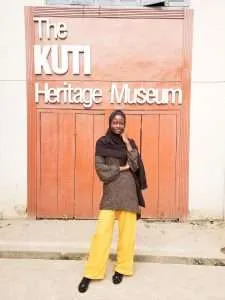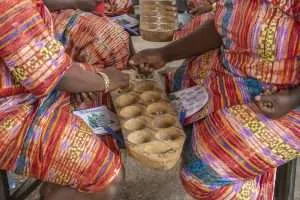Our open spaces are important! In the United States 14% percent of the land is protected and millions of people a year visit these spaces. As people we find ourselves identifying with these places by connecting placemaking and national forests.
Placemaking and National Forests: Space and Place
These spaces mean more to most of us than a simple way to get away from people. The meaning that we place on these spaces makes them social. As an example, for me, the Poudre Canyon represents childhood memories camping with my family. Some of my most memorable learning experiences happened while I was exploring the forest with my brother and cousins. In this instance, we might consider camping a placemaking activity. Placemaking in its simplest form, is when people take an open space and turn it into a “place” by attaching it with social meaning.
Placemaking happens all the time in our daily lives. Perhaps your community has converted an abandoned lot into a park, playground, or art fixture. Perhaps there is a fountain where you and others tend to congregate for lunch near your job. Maybe you meet at the same spot in the yard every day to chat with your neighbor. The point is that, as people, we regularly claim space through socially constructed placemaking activities. But, we frequently focus on placemaking within our residential or work communities, rather than the vast open space of our national parks and forests.
National Forests are Social Land
Land is generally preserved as a park or public forest for social reasons to begin with. Often times, the land possesses cultural or geographic landmarks with significant social meaning to native groups. Maybe the land surrounds a large lake that was the main source of water for these groups. Perhaps the land is home to a species of animal that made up a source of diet for native groups. Maybe a particularly rigid cliff provided security. My point here is that our open spaces generally hd some historical social meaning long before most of us decided to visit.
So, national parks and forests are likely social and even perhaps sacred spaces. Yet, they can seem like vast open space because many of us may not be immediately thinking of historical context in the middle of our outdoor adventures. If we are not thinking about our history while we are out in the forest, maybe we can at least take the time to think about those we currently live amongst.
Placemaking in the Poudre Canyon of Colorado
Let’s go back to my example of Poudre Canyon. As I stated, this is a portion of the Colorado forest at which I have fond childhood memories. Just a couple of weeks ago, we went camping near Chambers Lake in the Poudre Canyon. This was a significant camping trip as it was my 7-year-old nephew’s first time camping. He seemed to develop a sense of place in the canyon—same as I had when I was around his age.
Under normal circumstances there would probably be 100 other groups camping in our same spot and developing some sort of sense of place with that particular spot in the forest over the course of the summer. Multiply that by probably 50-75 other camp spots in that area and a lot of people are forming a social relationship with just a single area in the Poudre Canyon.
Now, I say ‘under normal circumstances’ because not long after I was camping by Chambers Lake with my nephew, the whole area has been devastated by a wildfire, which brings me to my ultimate point. WE NEED TO TAKE CARE OF OUR NATIONAL PARKS AND FORESTS!
Placemaking and National Forests During COVID-19
This year has been unprecedented. With COVID-19 upending many summer plans, it appears more people are turning to the forests for their social experiences. I generally love seeing people enjoy the outdoors because it can be so healthy and such an impactful social experience, but we need to take precautions to preserve these spaces.
This begins with following the guidelines. There was a fire restriction while we were visiting Chambers Lake and yet we saw many people with campfires in dispersed camping areas. Not even two weeks later, the area was ablaze.
Conclusions on Placemaking and National Forests
Fire is just one example. Waste, over-fishing, and loud noise are also issues that can take away from our placemaking activities in national parks and forests. We really need to begin viewing the security of our open spaces as a social problem, because it is.

